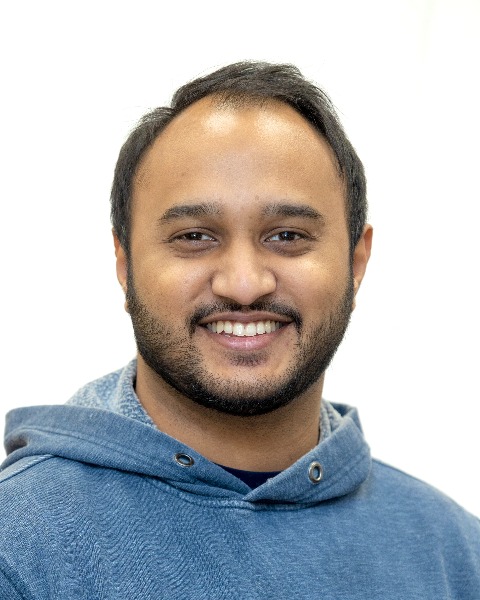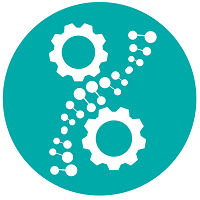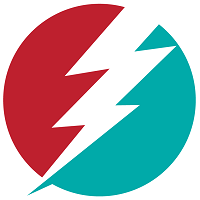Manufacturing & Analytical Characterization
Rapid Fires: Manufacturing Evolved: Continuous Processes, Precision Analytics & Complex Formulations
Comparison of Time-Gated and Traditional Raman Spectroscopy in Upstream Bioprocess
Monday, November 10, 2025
3:45 PM - 4:00 PM CT
Location: 301 ABC

Mahdi Mubin Shaikat, MS
PhD Student & Head Teaching Assistant
Duquesne University School of Pharmacy - Graduate School of Pharmaceutical Scien
Pittsburgh, Pennsylvania
Rapid Fire Speaker(s)
Time-gated Raman Spectroscopy (TGRS) is an emerging analytical technique with the potential to transform real-time bioprocess monitoring by overcoming the fluorescence interference that limits Traditional Raman Spectroscopy (TRS). In this study, we compared the performance of TGRS and TRS for quantifying key analytes; glucose, and lactate in Chinese hamster ovary (CHO) cell cultures. Accurate and timely measurement of these metabolites is essential for maintaining optimal conditions in upstream biomanufacturing processes.
Partial Least Squares (PLS) regression models were developed to evaluate calibration, cross-validation, and external prediction performance. TGRS achieved significantly lower RMSEP values for glucose (0.33) and lactate (0.22) compared to TRS (1.43 and 0.89, respectively), along with higher R² prediction scores (0.98 and 0.99). TGRS also required fewer latent variables and showed minimal bias, indicating greater model robustness.
These findings establish TGRS as a viable Process Analytical Technology (PAT) tool for accurate, in-situ monitoring of analyte concentrations during biomanufacturing.
Partial Least Squares (PLS) regression models were developed to evaluate calibration, cross-validation, and external prediction performance. TGRS achieved significantly lower RMSEP values for glucose (0.33) and lactate (0.22) compared to TRS (1.43 and 0.89, respectively), along with higher R² prediction scores (0.98 and 0.99). TGRS also required fewer latent variables and showed minimal bias, indicating greater model robustness.
These findings establish TGRS as a viable Process Analytical Technology (PAT) tool for accurate, in-situ monitoring of analyte concentrations during biomanufacturing.
Learning Objectives:
- Upon completion, participants will be able to evaluate the advantages of Time-Gated Raman Spectroscopy (TGRS) over Traditional Raman Spectroscopy (TRS) for real-time, in-situ analytes monitoring in biomanufacturing processes.


